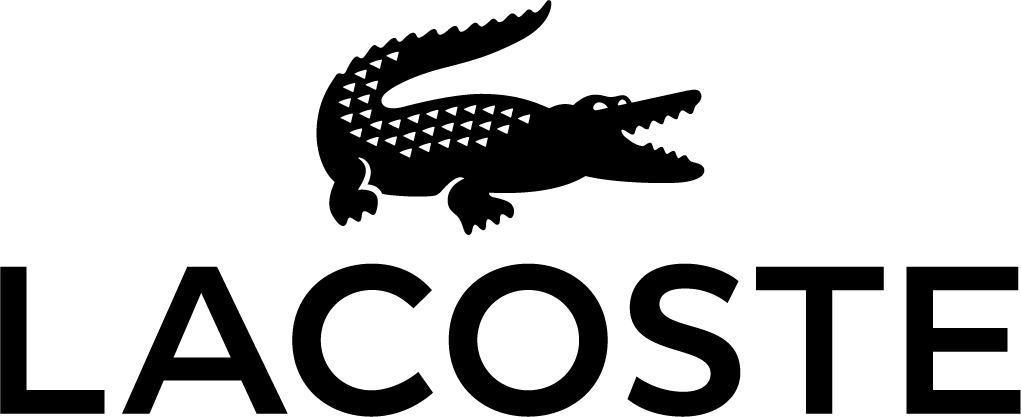
Some say that just like fine wine, people get better with age. While this may be true for character and personality, it often isn’t the case as it comes to one’s eyes. Age is often accompanied with all sorts of eye problems, like macular degeneration, dry eyes and cataracts.
But these eye conditions aren’t inevitable. Certain actions, habits, foods (and drinks!) may help ward off or reduce the severity of age-related eye problems—like cataracts.
But First, What Are Cataracts?
Cataracts are a clouding of the eye’s lens that affects millions of people in North America.
Symptoms of cataracts include:
- Cloudy or blurred vision
- Colors that seem faded
- Trouble seeing at night
- Double vision
- Seeing halos around lights
- The need to frequently update one’s corrective lens prescription
Cataracts occur naturally with age and may not always require treatment if a person’s vision remains mostly clear. Keep in mind that eye injury and certain eye diseases may also lead to cataracts.
The main treatment for cataracts is cataract surgery—it replaces the natural, cloudy lens with a clear, artificial lens.
The onset of cataracts may be prevented or at least delayed by wearing sunglasses, quitting smoking, having regular eye exams and eating nutritious foods (yes, wine included).
How Drinking Wine May Help Prevent Cataract
Wine is loaded with eye-healthy antioxidants that may protect the eyes against cataracts and other age-related conditions. Several studies have reported numerous benefits of regular and moderate wine consumption, including protection against heart disease and macular degeneration.
A recent study, published in the journal Ophthalmology, on the relationship between wine and cataracts involves data from 490,000 individuals who voluntarily disclosed details about their lifestyle and eating habits. When all other factors were considered (age, gender, smoking, weight, diabetes, ethnicity), the findings concluded that consuming about 6.5 glasses of wine per week may decrease a person’s risk of needing cataract surgery.
According to the study, wine drinkers seem to be the least likely candidates for cataract surgery when compared to non-drinkers or those who consumed other varieties of alcohol, like beer and liquor.
It’s important to note that the study does not establish a causal relationship between wine consumption and cataract surgery—only a significant association linking the two.
The head of the study, Dr. Sharon Chua, further explains that the development of cataracts may be due to gradual oxidative stress, which is a natural part of aging. The abundance of polyphenol antioxidants in wine may help counteract oxidative stress.
Here’s the breakdown:
- Participants who consumed a glass of wine 1-2 times per week had a 7% reduced need for cataract surgery than those who drank 1-3 times or less per month.
- Participants who drank a glass of wine daily or almost daily experienced a 5-6% increased risk of cataract surgery compared to those who drank 1-4 times a week.
- Consuming red wine weekly provided participants with a 14% reduced need for cataract surgery compared to those who abstained.
- Weekly consumption of white wine and champagne reduced the need for cataract surgery by 10%.
So, what’s the bottom line?
Antioxidants are super beneficial for eye health and may help reduce your risk of developing a severe case of cataracts that would require surgery. This study suggests that moderate wine consumption on a weekly basis may lower your risk of cataract surgery when coupled with an antioxidant-rich diet. Furthermore, red wine seemed to have the most dramatic effect compared to white wine or other forms of alcohol.
Speak to your healthcare provider before making any changes to your diet, just to be safe.
For further information and guidance about keeping your eyes healthy, speak with Dr. Carole Burns about your options.
Don’t forget to have your annual eye exam to check for vision health by contacting Professional VisionCare in Lewis Center today!
At Professional VisionCare, we put your family’s needs first. Talk to us about how we can help you maintain healthy vision. Call us today: 614-898-9989 or book an appointment online to see one of our Lewis Center eye doctors.
Want to Learn More? Read on!
FOLLOW US:
Q&A:
#1: What other foods can help protect the eyes against cataracts?
Foods that are rich in Omega-3 fatty acids, Vitamins A, C and E, whole grains, fruits, and vegetables. Try to consume produce of every color for a variety of eye-protecting nutrients. Your optometrist can offer further guidance for your personal situation.
#2: When is cataract surgery a good option?
Cataract surgery is the only method of removing cataracts, and may be necessary when your cloudy vision stops you from carrying out daily tasks, like driving and reading. If cataracts are detected, your optometrist will closely track your vision and recommend the next steps.































